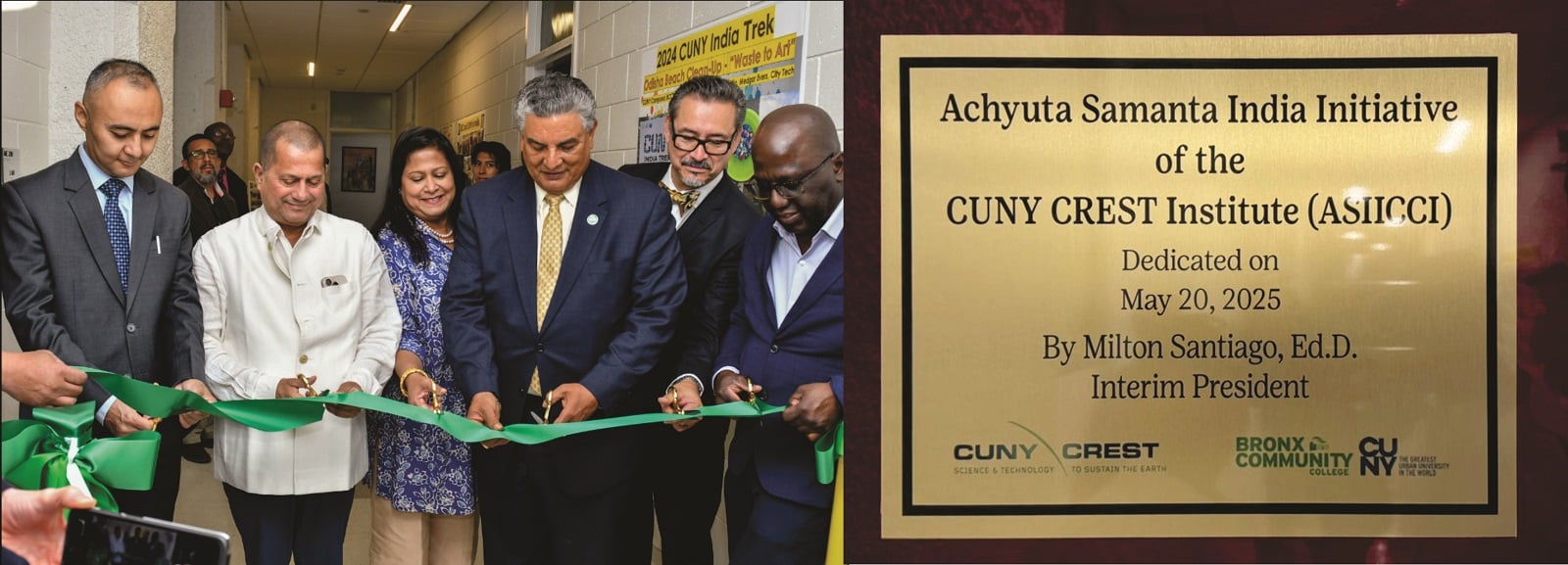Central Board of Secondary Education (CBSE) is all set to conduct the Class 12 Chemistry 2021-22 Exam on December 14, 2021. This is another major subject exam which will be held for a duration of 90 minutes, from 11:30 am to 1:00 pm. The paper will cover a total of 60 questions out of which students need to solve a minimum of 50 questions to score the perfect score of 35 out of 35 marks. This implies that students will also receive internal choice in the question paper. This is in accordance with the newly-introduced CBSE Class 12 Chemistry 2021-22 exam pattern.
In addition to following the CBSE Class 12 Chemistry 2021-22 exam pattern, students are also expected to study only 70% of the syllabus. Due to the COVID-19 pandemic, CBSE had decided to reduce the Chemistry portion by 30%. This same syllabus has been imposed this year, as well. Read ahead to understand the deleted as well as reduced syllabus.
CBSE Class 12 Chemistry Deleted Syllabus
Chapter 1: Solid State –Electrical and magnetic properties. Band theory of metals, conductors, semiconductors and insulators and n and p-type semiconductors.
Chapter 2: Solutions – Abnormal molecular mass, Van’t Hoff factor
Chapter 3: Electrochemistry – Lead accumulator, fuel cells, corrosion, law of electrolysis (elementary idea), dry cell- electrolytic cells and Galvanic Cells
Chapter 4: Chemical Kinetics – Concept of collision theory (elementary idea, no mathematical treatment), activation energy, Arrhenius equation
Chapter 5: Surface Chemistry – Emulsion (types of emulsions), catalysis: homogeneous and heterogeneous, activity and selectivity of solid catalysts; enzyme catalysis
Chapter 6: General Principles and Processes of Isolation of Elements – Entire unit
Chapter 7: p-Block Elements – Preparation and properties of Phosphine, Sulphuric Acid: industrial process of manufacture, Oxides of Nitrogen (Structure only); Phosphorus – allotropic forms, compounds of Phosphorus: Preparation and properties of Halides and Oxo acids (elementary idea only).
Chapter 8: d and f Block Elements – Chemical reactivity of lanthanides, Actinides -Electronic configuration, oxidation states and comparison with lanthanide. Preparation and properties of KMnO4 and K2Cr2O7
Chapter 9: Coordination Compounds – Structure and stereoisomerism, importance of coordination compounds (in qualitative analysis, extraction of metals and biological system)
Chapter 10: Haloalkanes and Haloarenes – Uses and environmental effects of -dichloromethane, trichloromethane, tetrachloromethane, iodoform, freons, DDT
Chapter 11: Alcohols, Phenols and Ethers – Uses with special reference to methanol and ethanol
Chapter 13: Amines – Diazonium salts: Preparation, chemical reactions and importance in synthetic organic chemistry
Chapter 14: Biomolecules – Oligosaccharides (sucrose, lactose, maltose), polysaccharides (starch, cellulose, glycogen), importance of carbohydrates. Vitamins– classification and functions. Enzymes. Hormones – Elementary idea excluding structure
Chapter 15: Polymers – Entire chapter
Chapter 16: Chemistry in Everyday life – Entire chapter
CBSE Class 12 Chemistry Term 1 Syllabus
Following is a list of term-wise chapters for the Class 12 Chemistry 2021-22 Exam –
# Some Basic Concepts of Chemistry
# Structure of Atom
# Classification of Elements and Periodicity in Properties
# Chemical Bonding and Molecular Structure
# Redox Reactions
# Hydrogen
# Organic Chemistry: Some basic Principles and Techniques








